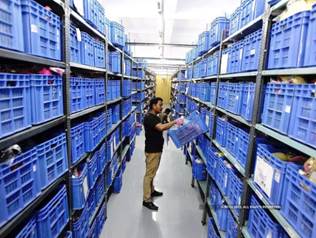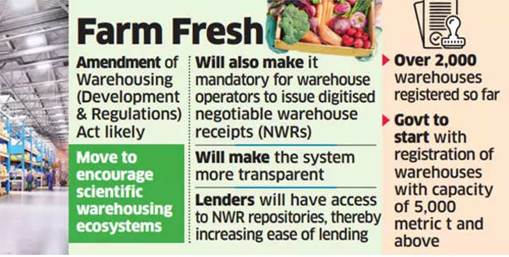




Disclaimer: Copyright infringement not intended.
Context
About the Act
Amendments
Concern
Significance

Final Thought
https://epaper.thehindu.com/Home/ShareArticle?OrgId=GHLA35ME0.1&imageview=0






© 2026 iasgyan. All right reserved